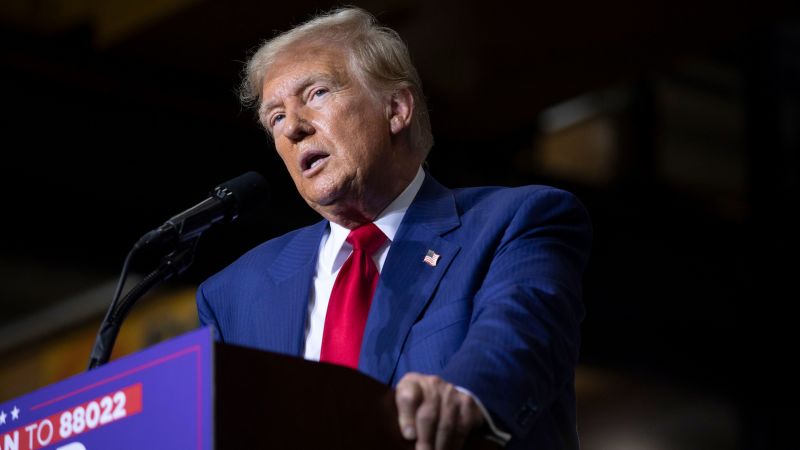Donald Trump announced that as president, he would implement a policy to pay for in vitro fertilization treatments, stating that the government or insurance companies would cover the costs associated with the treatments. He emphasized the importance of increasing the number of babies being born and also mentioned allowing new parents to deduct major newborn expenses from their taxes to support families. Trump acknowledged the high costs of IVF treatments and expressed his longstanding support for the procedure, although he did not provide specific details on how the treatments would be funded.
This announcement from Trump comes in response to Democratic criticism that Republicans, including himself, are trying to restrict access to reproductive health care, including IVF. Earlier in the year, Trump expressed his support for women’s access to IVF following a ruling in Alabama that froze embryos are considered children, leading to some providers halting certain IVF services. In response to the court’s decision, Alabama Governor Kay Ivey signed a law protecting IVF access in the state. Trump also reiterated his belief that abortion policies should be determined by individual states and expressed support for exceptions in cases of rape, incest, and when the mother’s life is at risk.
A spokesperson for the Harris-Walz campaign, Sarafina Chitika, raised doubts about the sincerity of Trump’s new proposal, suggesting that his platform could potentially ban IVF and abortion nationwide. Chitika criticized Trump for overturning Roe v. Wade and claimed that women’s freedoms have been compromised in various states due to restrictions on reproductive rights. She advocated for Vice President Kamala Harris as the candidate who trusts women and will protect their freedom to make their own health care decisions. The statement from Chitika questioned the credibility of Trump’s policy on IVF and abortion, highlighting the contentious nature of these issues in the political landscape.
Overall, Trump’s announcement regarding funding for IVF treatments reflects his pro-family stance and support for increasing access to reproductive health care. Despite lacking specific details on how the treatments would be paid for, Trump’s statement aligns with his previous statements on the importance of supporting families and allowing individuals to make their own choices regarding their health care. The response from the Harris-Walz campaign illustrates the ongoing debate surrounding reproductive rights and the potential impact of policy decisions on women’s access to essential health services. This issue is likely to continue to be a point of contention in the political discourse leading up to the election.


